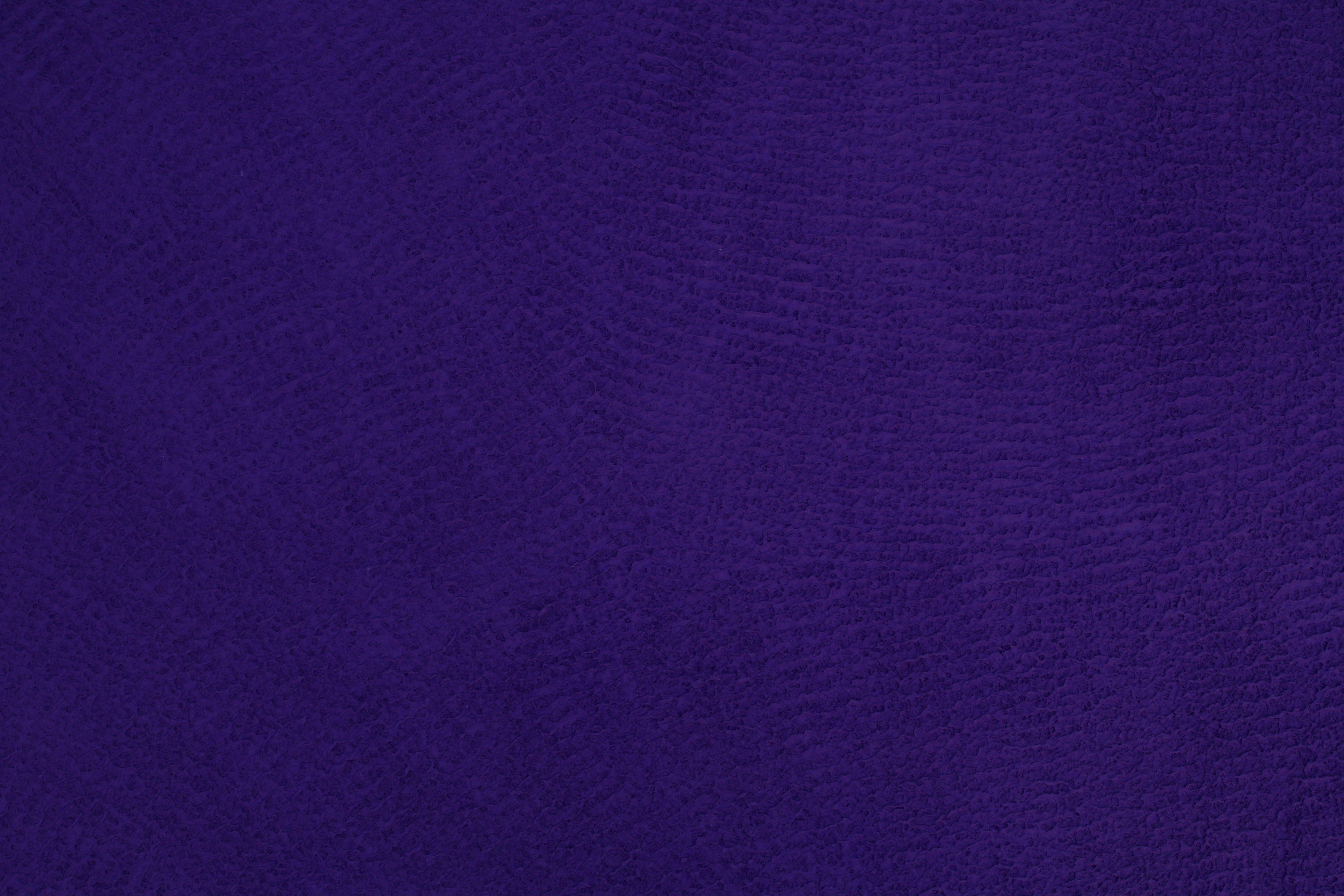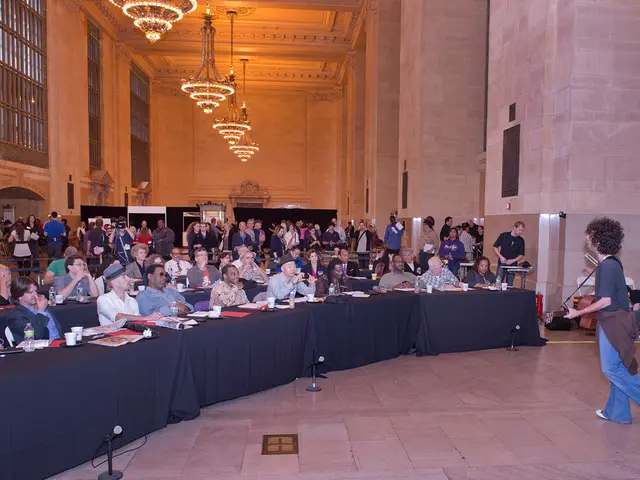"Women With Gold-Plated Reputations" - Breaking the Code of Ethics
In the realm of Quebec cinema, three years ago, Denis Cote questioned the province's modesty, citing a scarcity of films dealing directly with sexuality and nudity. Today, Chloe Robichaud, director of the forthcoming film 'Two Women in Gold,' offers a different perspective: "International comments indicate that Quebec cinema is liberal and daring, presenting women in complex ways. However, there's always room for improvement."
'Two Women in Gold,' inspired by Claude Fournier and Marie-Jose Raymond's cult film, follows Violette and Florence, two unemployed mothers trapped within the monotony of domestic life. The characters embark on a quest to rediscover desire and pleasure, as portrayed in the script by Catherine Leger, who also penned a theatrical adaptation of the film.
Laurence Leboeuf, who plays Violette, emphasizes her character's melancholy, describing a woman exhausted by life's passage. In stark contrast stands Florence, played by Karine Gonthier-Hyndman, who experiences a sexual awakening. The duo's contrasting personalities serve as mirrors for each other, both physically and emotionally.
Despite their differences, the women are conceived as doubles, with their identical apartments separated only by a balcony. Gonthier-Hyndman explains, "They are mirrors. When Florence sees Violette for the first time, it triggers a question: 'Do I really want this life?'"
In various sexual escapades, the characters gradually transform from spectators of their lives to active participants. Catherine Leger, the scriptwriter, views cinema as "a fascinating playground that multiplies possibilities." She felt liberated to incorporate more biting humor in the film than in the play, mentioning that this transition from theater to cinema opened up new horizons.
The original 'Two Women in Gold' film caused quite a stir in 1970, with its risqué scenes shaking societal norms. In 2025, although the nature of scandal may have shifted, the potential for controversy remains intact. According to Karine Gonthier-Hyndman, "What shocks now is not nudity, but seeing women enjoying themselves, taking pleasure in life without judgment."
Through the use of winter light and a nostalgic grain in the film stock, the cinematography of 'Two Women in Gold' seeks to convey a sense of 1970's aesthetics while also asking if societal progress has truly been achieved since that era. This revamped version has a more serious tone but lacks the overt pedagogical edge present in the original film, inviting viewers to contemplate the meaning of success and perfection in life.
In the original 1970 interview, Claude Fournier admitted the commercial motivations behind the film, noting, "We don't ask producers to invest $225,000 without convincing them of the project's profitability. [...] It's not necessary to be a market study expert to notice that there are no more profitable subjects in Montreal than those based on nudity." In 2025, while the answer may appear the same on the surface, nudity in 'Two Women in Gold' is carefully choreographed and de-sexualized, often showcasing the female body in everyday, non-sexual situations.
A focus on the female gaze characterizes the project, according to Gonthier-Hyndman: "Chloé wanted us to feel the pleasure of women, but never in a logic of objectification. [...] While there are no taboos, nudity is displaced, diverted." Despite progress in the representation of complex female roles, blind spots remain, such as the under-explored in-between of women who are neither mothers nor grandmothers.
The portrayal of female sexuality and nudity in Quebec cinema has evolved from strict censorship and suppression to a more open, nuanced, and often agency-driven representation. Works now frequently explore sexuality as an aspect of complex human experience, reflecting broader social changes in Quebec society.
"Chloe Robichaud's upcoming film 'Two Women in Gold' offers a perspective that contrasts with the earlier criticism about Quebec cinema's treatment of sexuality and nudity, as it delves into these topics within the realms of entertainment and culture."
"In 'Two Women in Gold,' Catherine Leger, the scriptwriter, seeks to portray a more open and nuanced depiction of female sexuality and nudity, showcasing the female body in everyday, non-sexual situations, demonstrating progress in the representation of complex female roles in movies-and-tv and culture."






